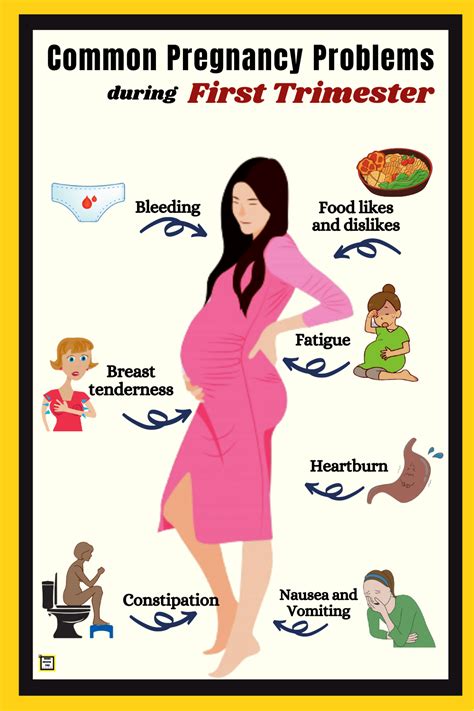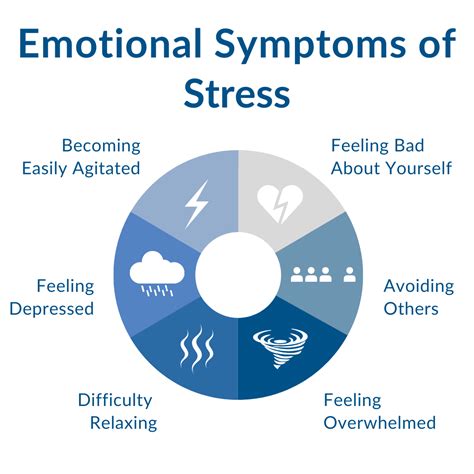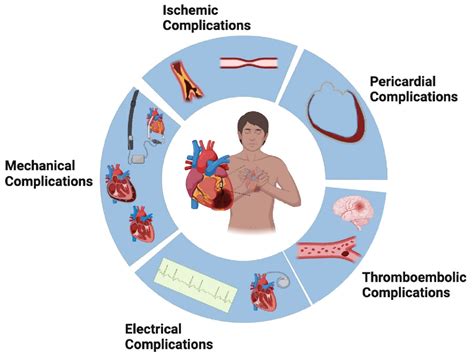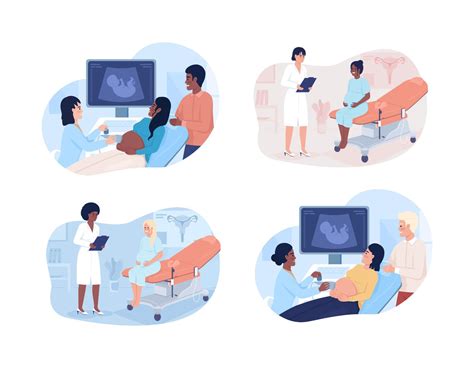Intro
The first trimester of pregnancy is a critical period of development for the fetus, and it's also a time of significant change for the mother. During these initial 12 weeks, women may experience a range of physical and emotional symptoms that can vary in intensity and impact daily life. Understanding these symptoms is essential for pregnant women to navigate this period with confidence and seek medical attention if needed. As the body adjusts to the growing embryo, hormonal fluctuations, and changes in blood volume, women may notice various sensations that can be both fascinating and overwhelming.
As the embryo implants in the uterus, the body starts to produce human chorionic gonadotropin (hCG), which stimulates the growth of the embryo and prepares the uterus for pregnancy. This hormonal surge can cause a range of symptoms, including morning sickness, fatigue, and mood swings. Women may also experience food cravings or aversions, which can be intense and unpredictable. These symptoms can be challenging to manage, but they are a normal part of the first trimester experience. By acknowledging and addressing these symptoms, women can better cope with the physical and emotional demands of early pregnancy.
The first trimester is also a time of significant fetal development, with the embryo's major organs and systems forming during this period. The heart begins to beat, and the limbs, digits, and facial features start to take shape. As the fetus grows and develops, the mother's body undergoes significant changes to support its growth. The uterus expands, and the blood volume increases to supply the fetus with oxygen and nutrients. These changes can cause a range of symptoms, from mild discomfort to more severe complications. By understanding these symptoms and seeking medical attention when needed, women can ensure a healthy pregnancy and a positive outcome.
Physical Symptoms of the First Trimester

Common Physical Symptoms
Some of the most common physical symptoms of the first trimester include: * Morning sickness and nausea * Fatigue and exhaustion * Breast tenderness and swelling * Mood swings and emotional changes * Food cravings and aversions * Bloating and cramping * Frequent urination * Constipation and digestive changesEmotional Symptoms of the First Trimester

Coping with Emotional Symptoms
Coping with emotional symptoms requires a range of strategies, including: * Practicing self-care and relaxation techniques * Building a support network of family and friends * Seeking professional help and counseling * Engaging in physical activity and exercise * Maintaining a healthy diet and lifestyle * Staying informed and educated about pregnancy and childbirthManaging First Trimester Symptoms

Lifestyle Changes for Symptom Management
Some lifestyle changes that can help manage first trimester symptoms include: * Eating small, frequent meals to alleviate morning sickness * Staying hydrated by drinking plenty of water * Engaging in regular exercise, such as walking or prenatal yoga * Practicing relaxation techniques, such as deep breathing or meditation * Getting enough rest and sleep * Avoiding triggers for mood swings and emotional symptomsComplications and Risks of the First Trimester

Recognizing Signs of Complications
Some signs of complications that women should be aware of include: * Vaginal bleeding or spotting * Severe abdominal pain or cramping * Fever or chills * Nausea and vomiting that persists or worsens * Dizziness or fainting * Severe mood swings or emotional changesPrenatal Care and Support

Benefits of Prenatal Care
Some benefits of prenatal care include: * Early detection and management of complications * Personalized guidance on managing symptoms and staying healthy * Opportunities to ask questions and address concerns * Support and reassurance from healthcare providers * Education on pregnancy, childbirth, and parentingStaying Healthy and Positive

Tips for Staying Healthy and Positive
Some tips for staying healthy and positive include: * Prioritizing self-care and relaxation * Engaging in activities that bring joy and fulfillment * Seeking support from loved ones and support groups * Staying informed and educated about pregnancy and childbirth * Focusing on the positive aspects of pregnancy and motherhoodWhat are the most common symptoms of the first trimester?
+The most common symptoms of the first trimester include morning sickness, fatigue, breast tenderness, mood swings, and food cravings.
How can I manage morning sickness during the first trimester?
+Managing morning sickness can involve eating small, frequent meals, staying hydrated, and avoiding triggers such as strong smells or tastes. In some cases, medical treatment may be necessary.
What are the potential complications of the first trimester?
+Potential complications of the first trimester include miscarriage, ectopic pregnancy, and gestational trophoblastic disease. Women with pre-existing medical conditions may also be at higher risk for complications.
As women navigate the first trimester, it's essential to remember that every pregnancy is unique, and symptoms can vary in intensity and impact. By staying informed, seeking support, and prioritizing self-care, women can manage their symptoms, minimize complications, and cultivate a positive mindset for the journey ahead. Whether you're a first-time mom or an experienced parent, the first trimester is a critical period that requires attention, care, and compassion. By embracing this journey and seeking help when needed, women can ensure a healthy and positive pregnancy experience. So, take a deep breath, stay positive, and get ready for the incredible adventure of motherhood!
